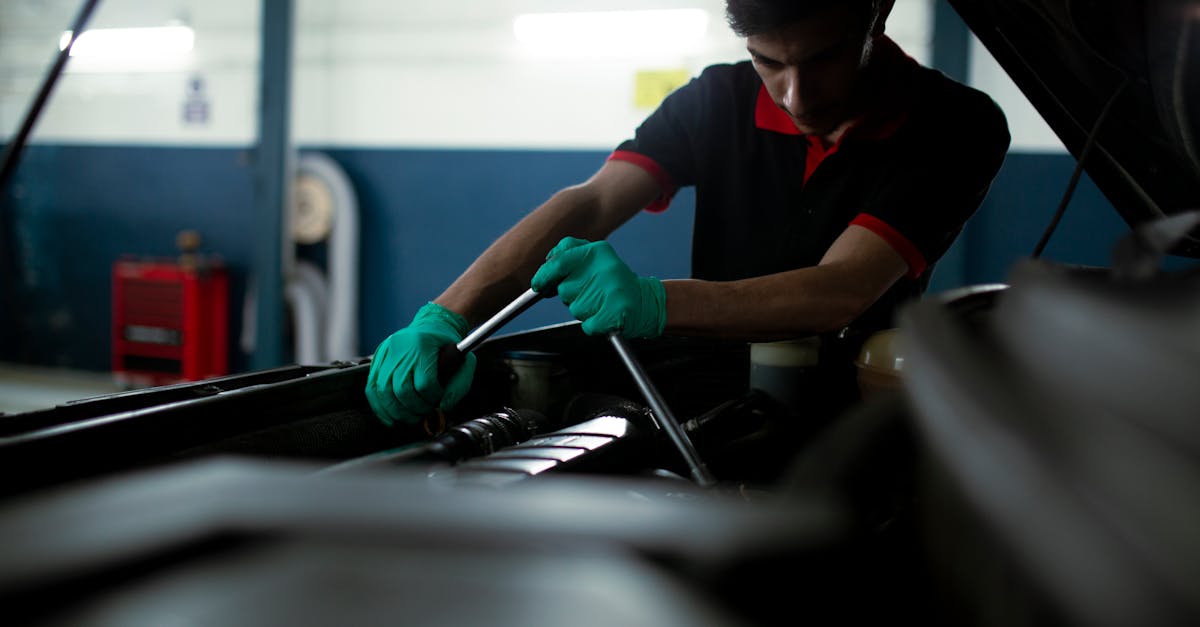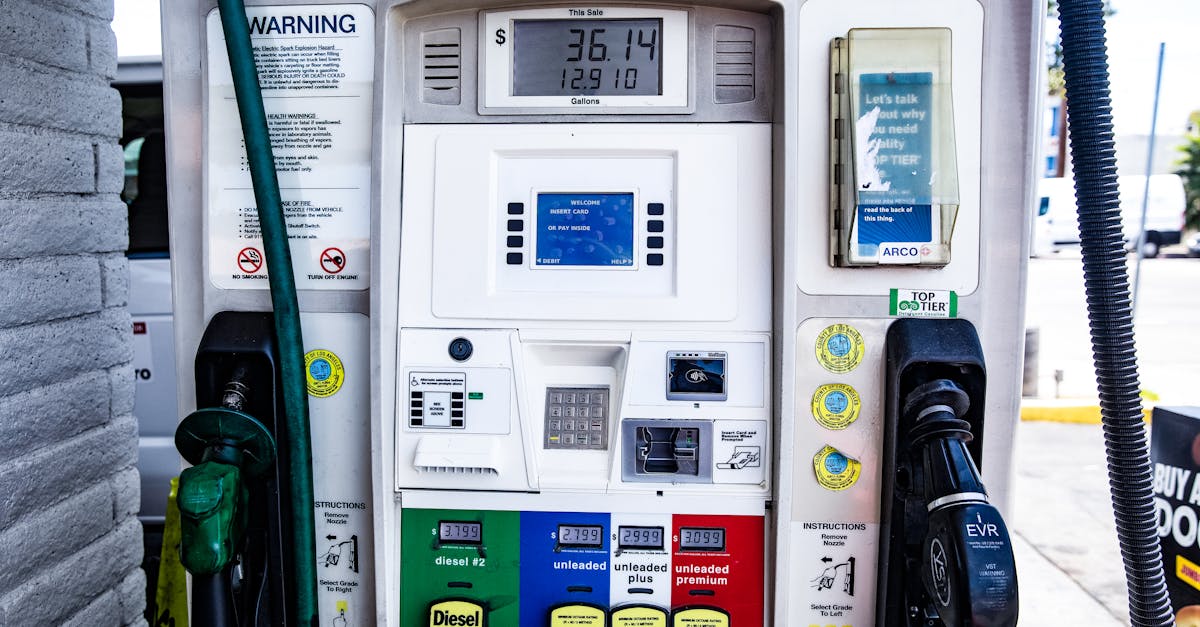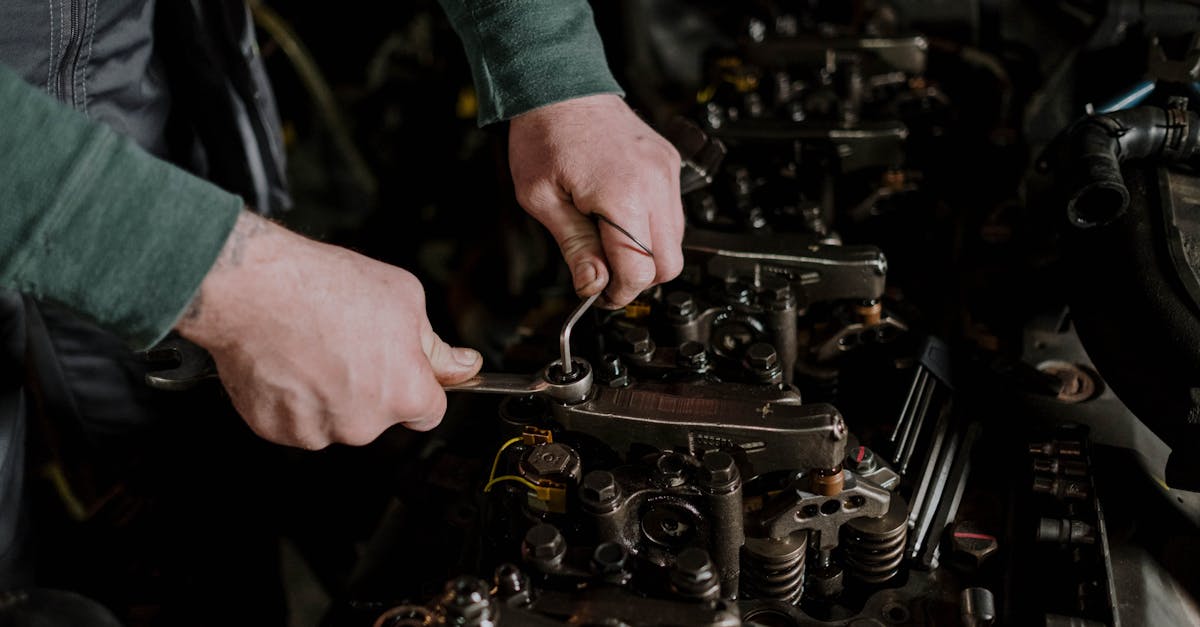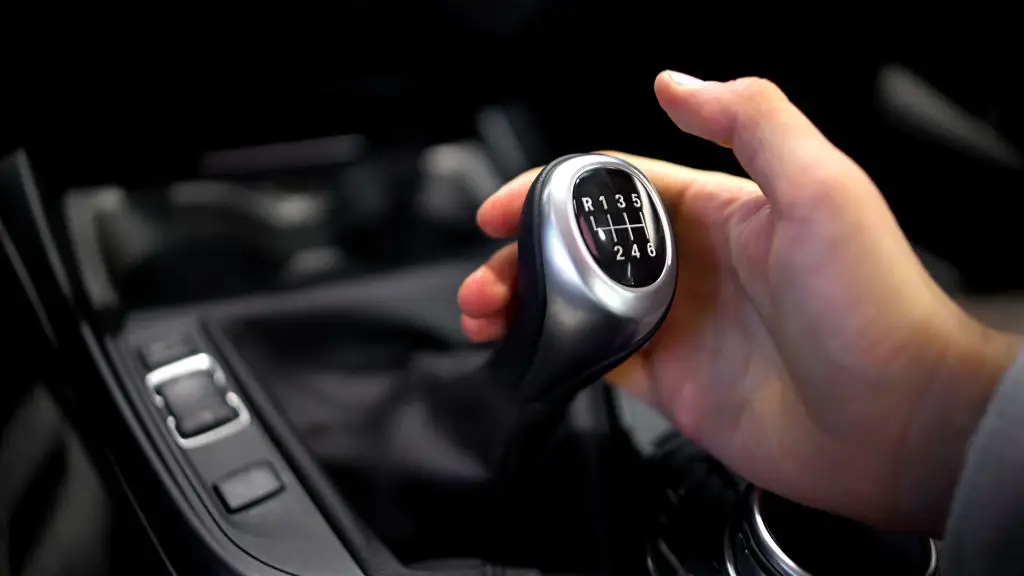Stop Wasting Money! 9 Car Maintenance Myths That Could Be Costing You Big Bucks
Owning a car is a significant investment, but maintaining it can sometimes feel like an endless financial drain. Many car owners unknowingly exacerbate this issue by falling into common car care missteps that quietly siphon money from their wallets. While some mistakes are born from misinformation, others stem from neglect or oversight. Understanding these pitfalls is crucial for any car owner looking to optimize their vehicle's performance and longevity without overspending. In this article, we will explore 9 prevalent car care errors and provide practical strategies to sidestep them, ultimately saving you money and enhancing your vehicle's lifespan.
1. Ignoring Regular Oil Changes
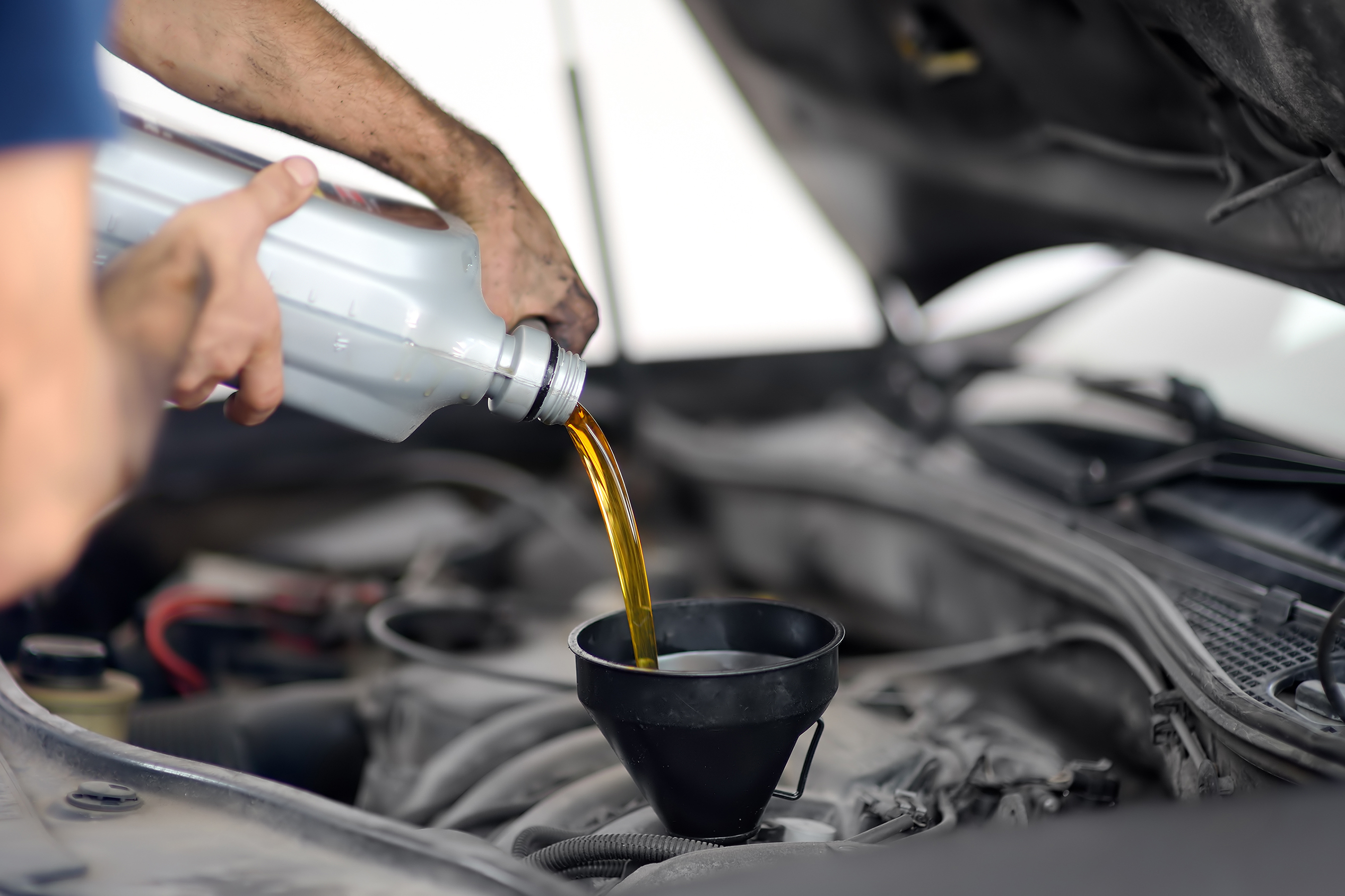
One of the most common car care missteps is neglecting regular oil changes. Engine oil is the lifeblood of your vehicle, lubricating moving parts and reducing friction. Over time, oil degrades and loses its efficacy, leading to increased engine wear and potential damage. Many drivers delay oil changes to save money, but this can result in costly repairs down the line. By adhering to your car manufacturer's recommended oil change intervals, you can avoid unnecessary engine wear and the associated expenses. Regular oil changes not only improve engine performance but also enhance fuel efficiency, providing long-term savings.
2. Overlooking Tire Maintenance

Tires are the only part of your car that make contact with the road, making their maintenance crucial. Many drivers overlook basic tire care, such as checking air pressure and tread depth. Under-inflated tires can lead to poor fuel efficiency and uneven wear, while over-inflated tires increase the risk of blowouts. Additionally, neglecting tire rotation can cause uneven wear, reducing tire lifespan and necessitating premature replacements. By regularly checking tire pressure, ensuring proper alignment, and rotating tires as recommended, you can extend their life, improve fuel economy, and avoid unexpected tire-related expenses.
3. Skipping Brake Inspections
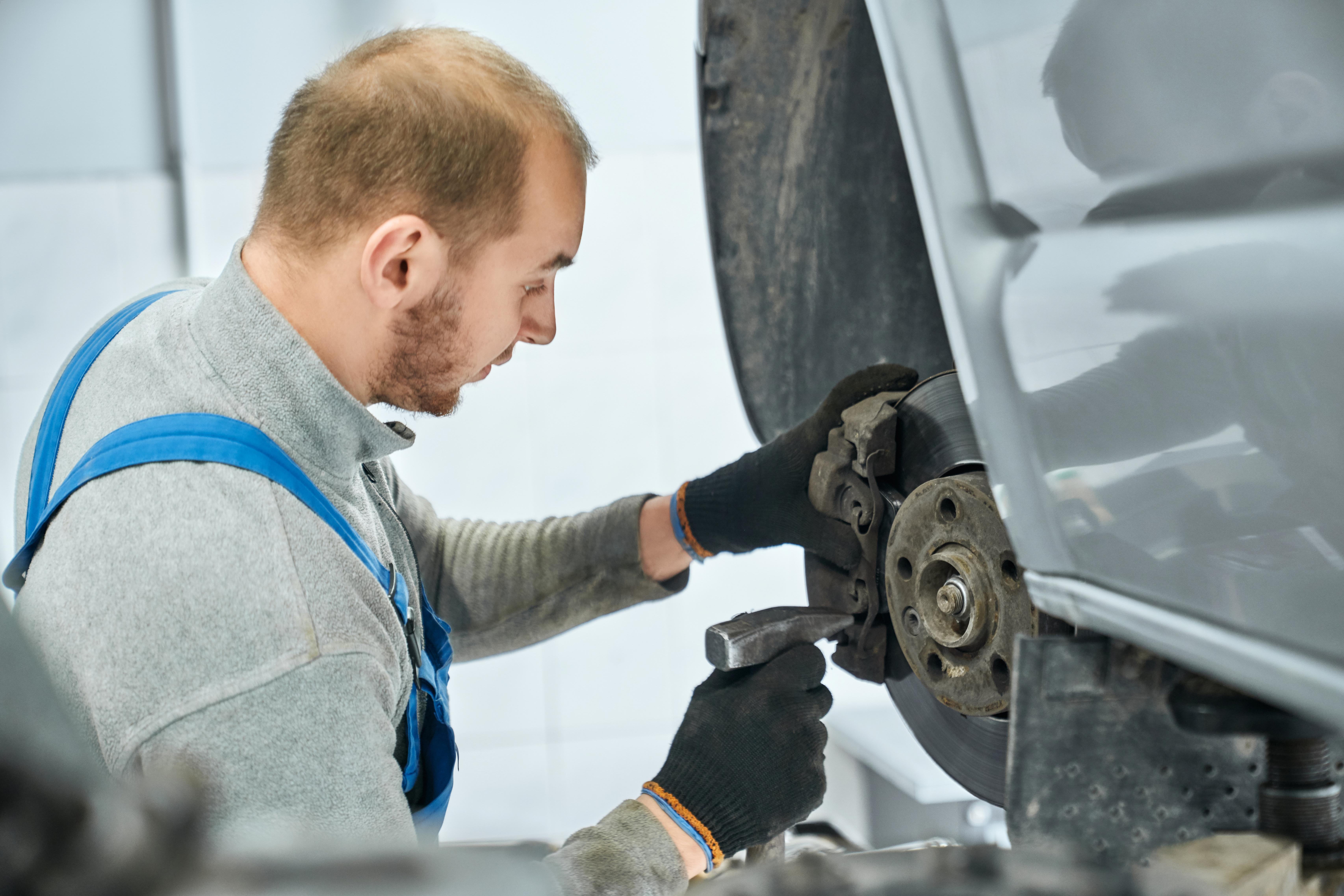
Brakes are a critical safety component of any vehicle, yet many drivers neglect regular brake inspections. Over time, brake pads wear down, and if not replaced timely, they can damage rotors, leading to costly repairs. Ignoring warning signs such as squeaking or grinding noises can exacerbate the problem. Regular brake inspections can catch wear early, allowing for timely pad replacements and preventing more significant damage. Investing in routine brake maintenance not only ensures your safety but also protects your wallet from expensive brake system overhauls.
4. Neglecting Fluid Checks and Replacements

Automobiles rely on various fluids for optimal performance, including coolant, transmission fluid, and brake fluid. Many car owners overlook the importance of regular fluid checks and replacements, leading to overheating, transmission issues, or brake failure. Each fluid plays a vital role in maintaining the vehicle's operational integrity, and neglecting them can result in severe damage and costly repairs. By routinely checking fluid levels and adhering to replacement schedules, you can prevent system failures and extend your vehicle's lifespan, ultimately saving money on repairs and replacements.
5. Disregarding the Air Filter
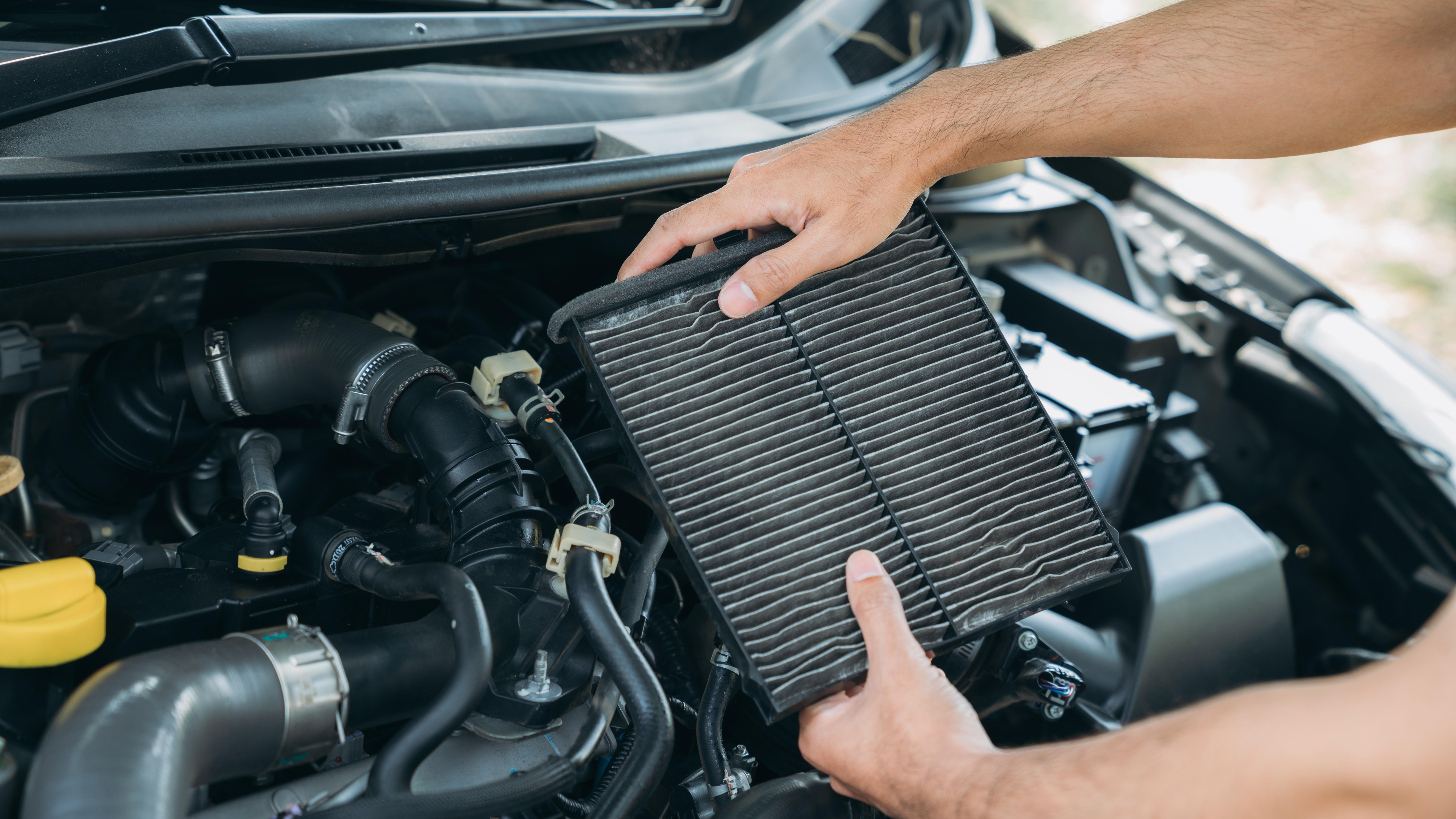
The air filter in your vehicle prevents dirt, dust, and debris from entering the engine, ensuring efficient combustion. However, a clogged air filter can restrict airflow, reducing engine performance and fuel efficiency. Many drivers underestimate the impact of a dirty air filter, leading to increased fuel consumption and unnecessary strain on the engine. Regularly inspecting and replacing the air filter as needed can improve engine performance, enhance fuel economy, and extend engine life. This simple maintenance task can prevent costly repairs and contribute to significant savings over time.
6. Underestimating Battery Maintenance
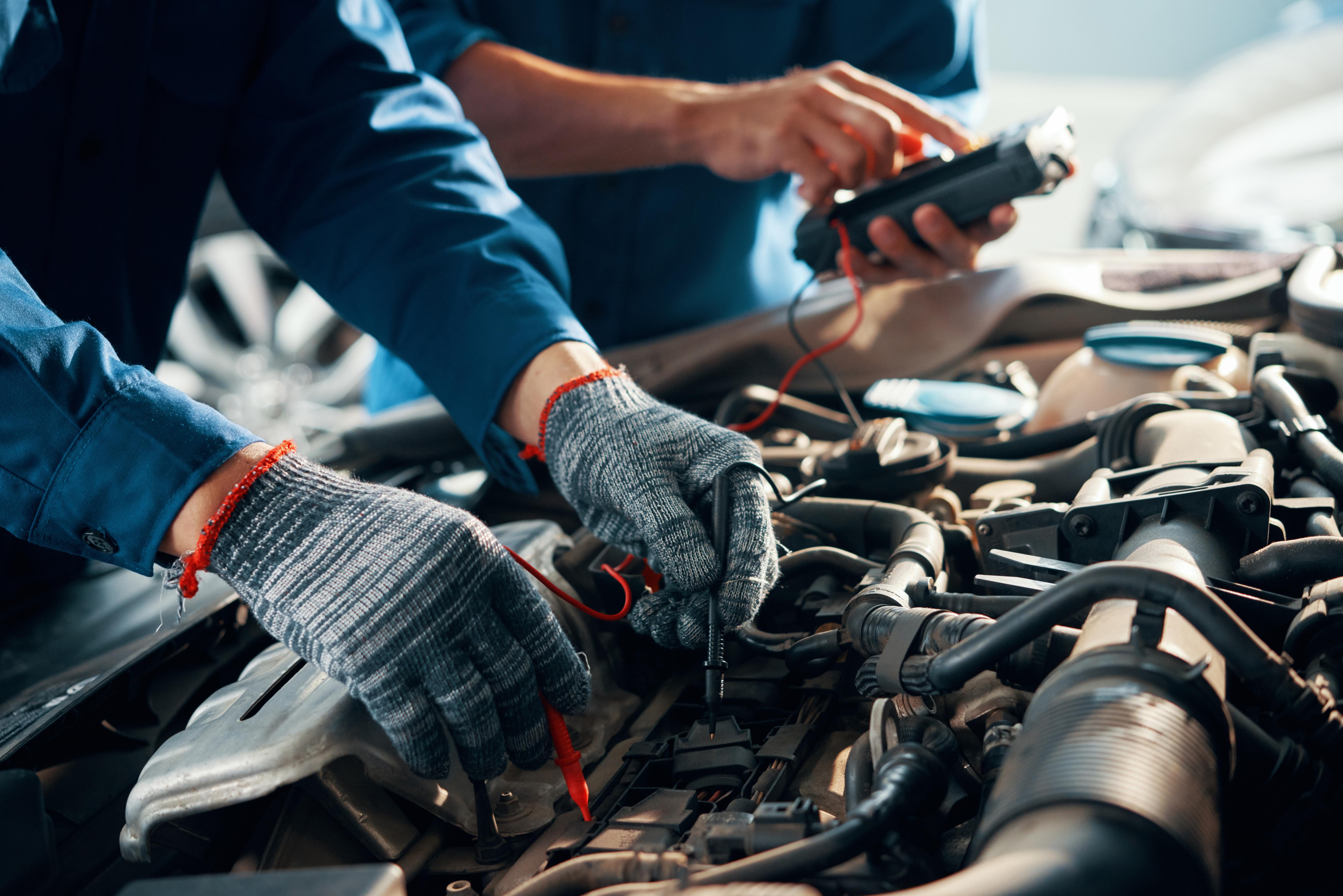
Car batteries are often taken for granted until they fail, leaving drivers stranded and facing unexpected expenses. Battery maintenance is crucial for ensuring reliable vehicle operation. Corroded terminals, loose connections, and low fluid levels can all lead to battery failure. Many drivers neglect regular battery checks, resulting in premature battery replacement costs. By routinely inspecting the battery, cleaning terminals, and ensuring tight connections, you can prolong battery life and avoid the inconvenience and expense of unexpected failures. Proper battery maintenance is a small investment that can yield significant savings.
7. Failing to Address Minor Repairs Promptly

Small issues such as windshield chips, minor leaks, or unusual noises are often ignored by car owners, leading to more significant problems over time. A small windshield chip can spread into a crack, necessitating a full replacement, while minor leaks can escalate into costly repairs if left unchecked. Addressing minor repairs promptly can prevent them from developing into major issues that require extensive and expensive fixes. By taking a proactive approach to minor repairs, you can save money and ensure your vehicle remains in optimal condition.
8. Over-relying on DIY Repairs

While do-it-yourself (DIY) repairs can save money, they can also lead to costly mistakes if not executed correctly. Many car owners attempt complex repairs without the necessary expertise, resulting in further damage and increased repair costs. It's essential to know your limits and seek professional help for repairs beyond your skill level. Investing in professional services for complex repairs can prevent costly errors and ensure the job is done correctly. Balancing DIY efforts with professional assistance can help you save money while maintaining your vehicle's integrity.
9. Overlooking Routine Maintenance Schedules
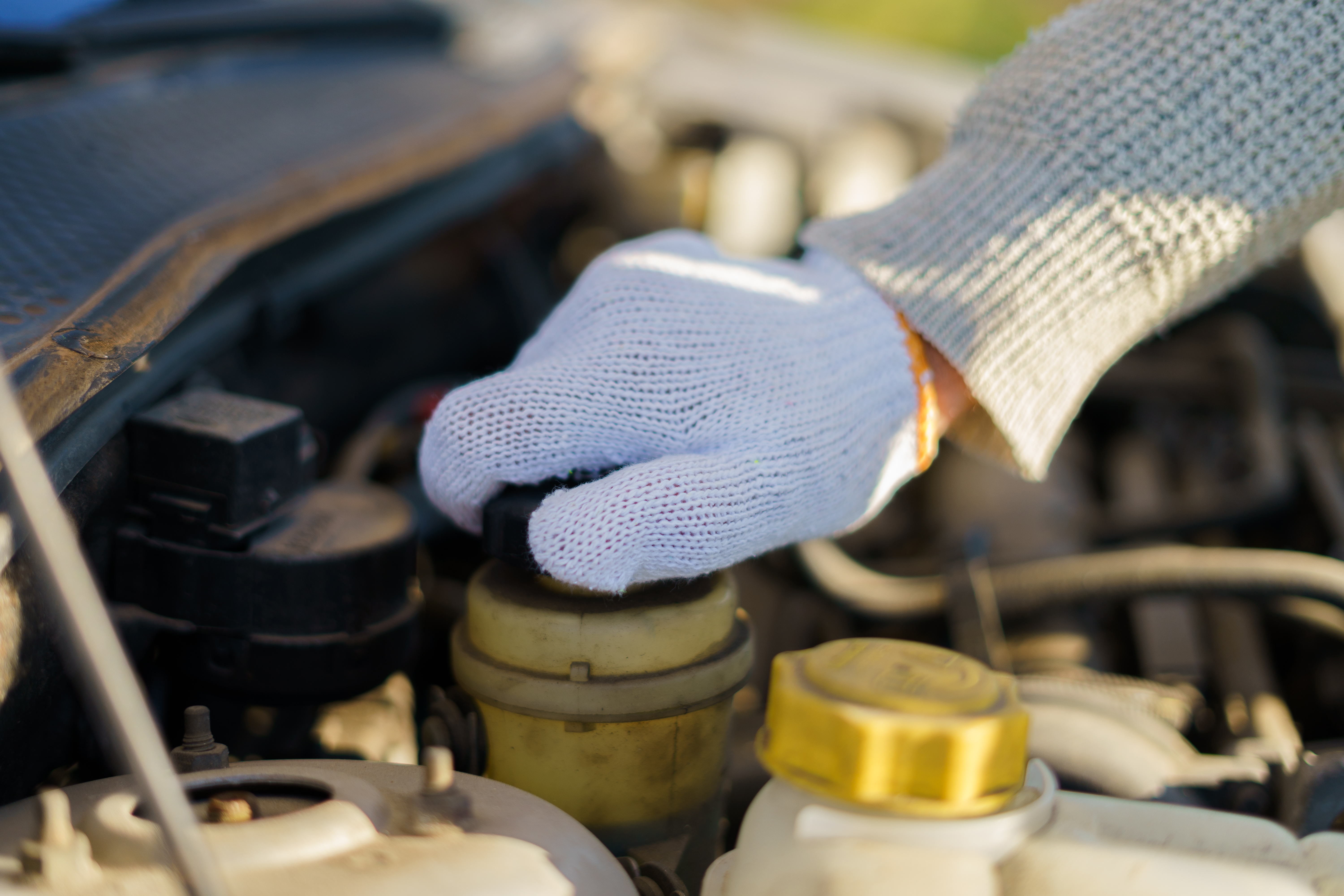
Routine maintenance schedules provided by manufacturers are designed to keep your vehicle running smoothly and efficiently. However, many drivers overlook these schedules, leading to unnecessary wear and tear. Regular maintenance tasks such as timing belt replacements, spark plug changes, and system inspections are crucial for preventing breakdowns and costly repairs. By adhering to your vehicle's maintenance schedule, you can catch potential issues early, ensuring your car remains reliable and efficient. Following these schedules is a proactive approach that not only saves money but also extends your vehicle's lifespan.
Proactive Care for Long-term Savings
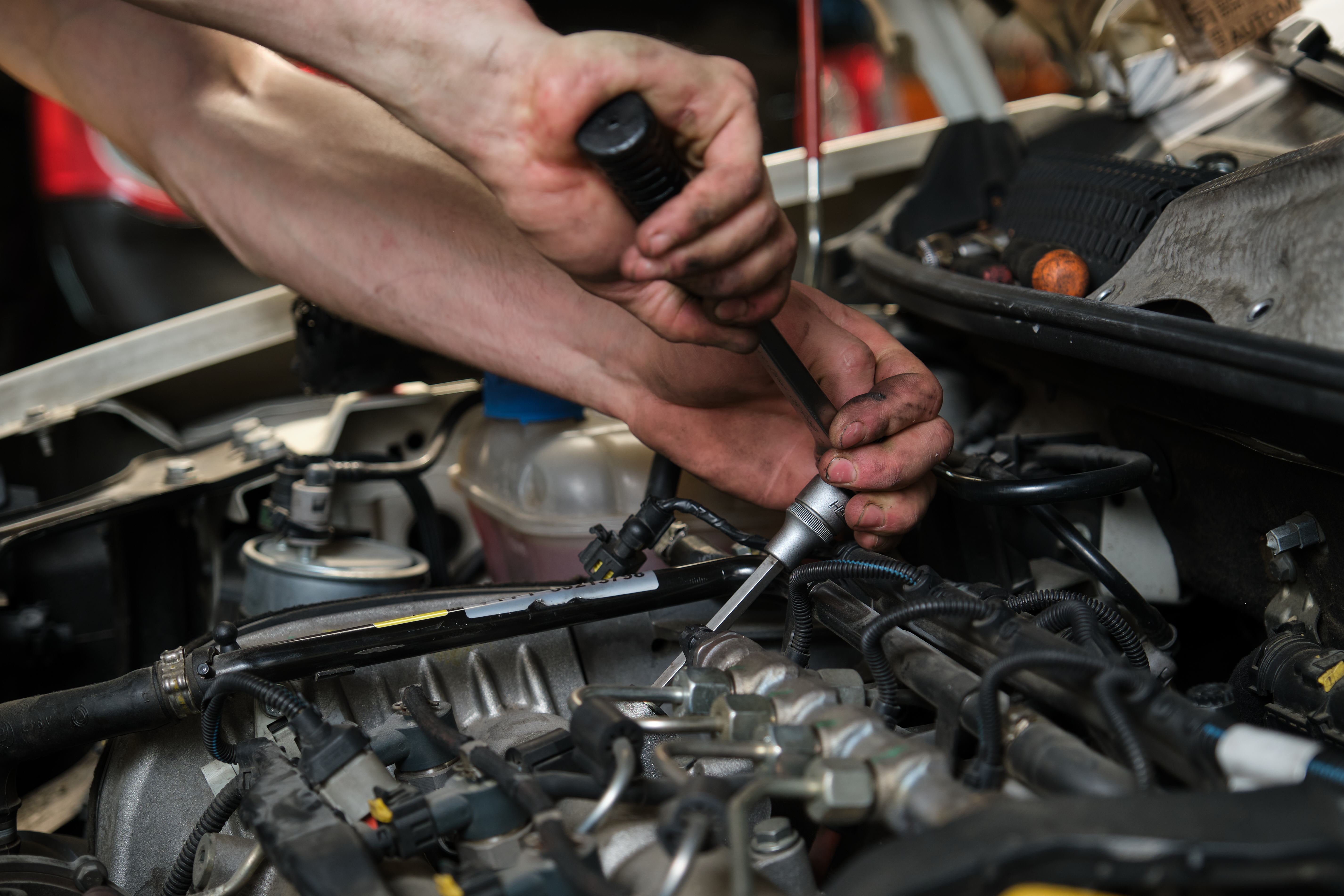
Avoiding common car care missteps requires a proactive approach and a commitment to regular maintenance. By understanding the importance of each maintenance task and its impact on your vehicle's performance and longevity, you can make informed decisions that save money and prevent costly repairs. Regular oil changes, tire maintenance, brake inspections, fluid checks, and adherence to maintenance schedules are all essential components of effective car care. By sidestepping these common pitfalls, you can enjoy a reliable vehicle and significant savings over time, ensuring your investment in your car is protected for years to come.

